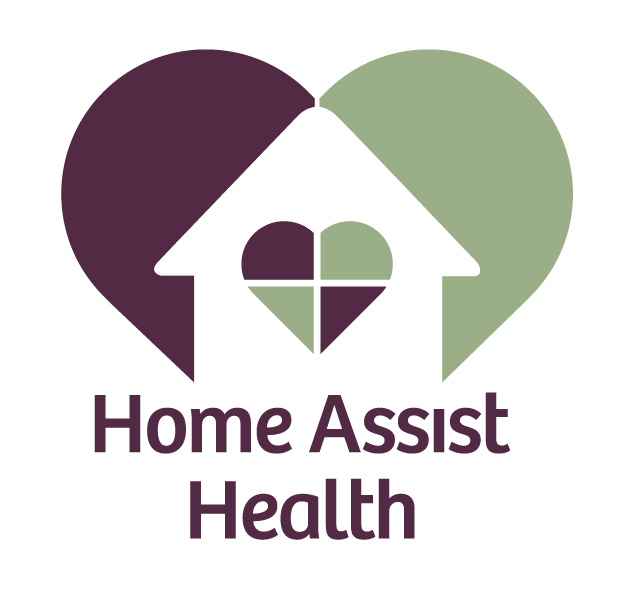For many, the need for in home care arises unexpectedly and families find themselves unprepared. A sudden diagnosis, accidents, or a variety of other events can lead a family to a place where hiring a caregiver is necessary. Recent news of President Carter choosing to live out his remaining days at home, and Bruce Willis’ dementia diagnosis both highlight the need for home care. Both men will need hands-on, round-the-clock care as their conditions progress. Home Assist Health is one of many agencies specializing in the training and direction of home care workers to help families navigate similar challenging chapters.
- Discuss preferences early. Knowing what your loved one wants their care to look like is the most important step in determining what’s best for them and for your family. This means having tough conversations long before the need for care arises. Instead of avoiding these discussions, reframe them as important and essential. “Talking about these things is the loving thing to do,” said Home Assist Health CEO Sara Wilson. “These conversations allow people to reflect on their values and more intentionally consider what brings their life meaning and what brings them joy. In addition, when a health crisis arises and things feel uncertain, the plan for care provides an invaluable sense of control.”
- Understand the different types and places of care available. There are many different types and places of care for individual needs and wishes. It’s important to learn about all your options before they are needed. Some options include:
- Home Based Care – Customizable care in your own home and can cover the full spectrum of care based on need.
- Assisted Living Facility – Community based care often in an apartment like setting providing help with daily tasks.
- Group Home – A home with multiple people living in it with complex health needs providing support with daily tasks and healthcare.
- Nursing Home – Community based care in an apartment like setting providing help with daily tasks, medical management and administration, and skilled nursing.
- Research resources. Much like the research people do to find the right school, employer, medical provider, or community, you should spend the same amount of time considering the best home care provider for you and your family. Things to research:
- Training and background requirements.
- Online review and reference checks.
- What’s the provider’s client to caregiver matching process?
- Does the provider have a staffing/coverage guarantee?
- Take a tour and meet the staff.
- What associations are they aligned with?
- What accreditations do they have?
- Budget. One of the biggest concerns when considering home care is the expense. The emotional cost of making this transition can be eased by talking about this phase ahead of time. Similarly, the financial cost of care can be eased by planning for it early. Most agencies can offer resources to help families navigate the cost of care. Some common funding options are: Long-term care insurance, Medicare, Medicaid, Savings accounts.
- Seek legal advice. Being able to offer your loved one the care they need in the environment they choose is a gift. However, it’s more difficult to do if you don’t have the proper legal documents in place. We suggest getting those documents arranged before the need arises. A Power of Attorney and Medical Power of Attorney let caregivers and agencies know who they can rely on for information and direction as they care for your loved one.
For more information on advanced care planning and related documents you can talk with your health care provider, obtain free resources from the Office of Arizona Attorney General website, or to purchase an all in one tool that you can download online visit www.fivewishes.org.
Contact us at 602-795-7620 or visit our website www.homeassisthealth.org for more information about receiving care in the home and careers in home care.
